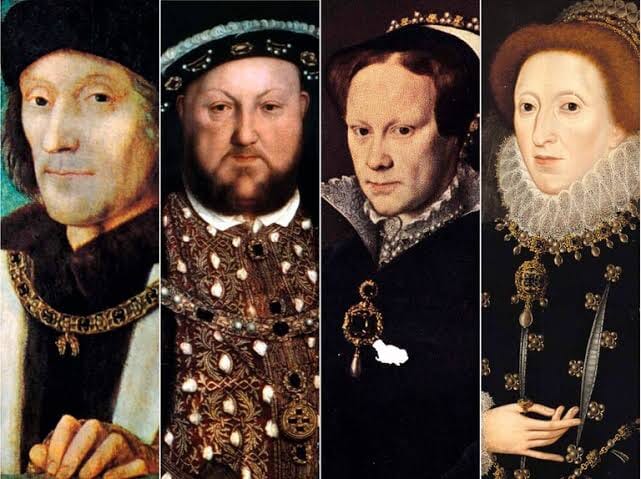How the English Government became Absolute
Table of Contents
The House of Commons became considerable. But how did the nobility’s power decrease and how did the government become arbitrary?
Previously by their ancient rustic hospitality, all the European courts could easily maintain 1,000 retainers. Richard, Earl of Warwick was styled as a King. He maintained 40,000 people everyday besides tenants.
But when luxury took place, he was unable to do this. Thus, the nobility’s power was reduced before the House of Commons had established its authority through an arbitrary king. Under the House of Tudor=
- the government was quite arbitrary,
- the nobility were ruined, and
- the boroughs lost their power.

Therefore, the nobility’s power declined due to the improvements in arts and commerce. When a man could spend his fortune in domestic luxury, he was obliged to dismiss his retainers.
Why didn’t the king also lose his power through the improvement of arts and commerce?
A man which has £40,000 a year cannot be affected by the increase of luxury if no one else can spend above £100.
- The king has £1 million.
- His lords can only spend up to £40,000.
- Therefore, they can only spend it by maintaining many people and so luxury sinks the nobility’s authority.
- Their estates are small relative to the king’s estates, which continues unaffected and so the king’s power becomes absolute.
This was the case in most European nations. Yet in Germany, it was quite different.
- Its monarchy was elective.
- Consequently, it never could have so much authority.
Germany is much larger than any other European country. At the dissolution of the feudal government, the German nobility got more fortunes than the rest. Thus, their estates rose so high above those that were immediately below them that it was impossible for them to spend them in luxury. Therefore, they were able to keep many retainers.
Thus in Germany, the nobility’s power was preserved. While in England=
- it was utterly destroyed, and
- the king was rendered absolute.